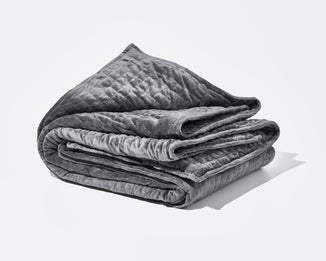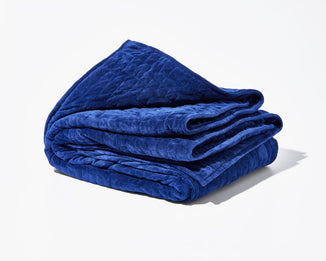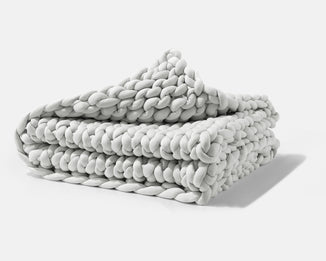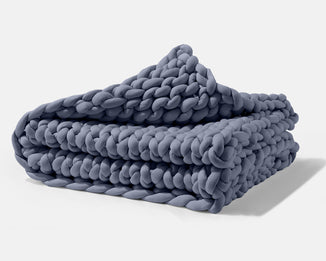
Dec 12, 2019
The Winter Blues or Seasonal Affective Disorder?
by Jeffrey Borenstein, M.D.
The winter blues are very common, with many of us experiencing a mood shift during the colder, darker days of winter. You may find yourself feeling more lethargic and down overall. Although you may feel more unhappy than usual, the winter blues typically do not affect your ability to enjoy life. But if your winter blues start permeating all aspects of your life — from work to personal relationships — you may be experiencing seasonal affective disorder (SAD).
SAD is a subtype of major depression that is characterized by the onset of depression during winter months when there is less natural light. For many people symptoms usually start in the fall and continue into the winter months.
Symptoms may include:
- Feeling depressed most of the day, nearly every day
- Feeling hopeless or worthless
- Having low energy
- Losing interest in activities you once enjoyed
- Problems sleeping
- Changes in your appetite or weight
- Feeling sluggish or agitated
- Having difficulty concentrating
- Having frequent thoughts of death or suicide
What causes SAD?
Specific causes remain unknown. Some factors may include:
- Your biological clock (circadian rhythm). Reduced sunlight in fall and winter may cause winter-onset SAD. This decrease in sunlight may disrupt your body's internal clock and lead to feelings of depression
- Serotonin levels. A drop in serotonin, a brain chemical that affects mood, may play a role in SAD. Reduced sunlight can cause a drop in serotonin that may trigger depression.
- Melatonin levels. The change in season can disrupt the balance of the body's level of melatonin, which plays a role in sleep patterns and mood.
How Do You Treat SAD?
Treatment for SAD may include light therapy (phototherapy), psychotherapy and medication.
In addition to your prescribed treatment plan for SAD, you may also try:
- Making your environment sunnier and brighter
- Spending more time outside
- Exercising regularly
In addition to SAD, some people with major depression, unrelated to the season, may experience an increase in symptoms during the late fall and winter; it is important that they discuss this with their psychiatrist.
The most important take home message is that SAD, same as other types of depression, is treatable and people should not suffer in silence; they should seek help.

Other Sleep News to help you sleep during the colder months:
The Sleep Doctor’s Guide To Sleeping Well In Winter:
It’s not official by the calendar yet, but with the time change behind us and wintry weather across sections of the U.S., we’re already well launched into the winter season. Like any other time of year, winter can bring both enhancements and challenges to a healthy sleep routine. Short days and long nights can make for cozy, quiet, restful evenings. For many people, the quick pace of the fall quiets down a bit during winter, helping us slow down and relax. -The Sleep Doctor
10 Ways to Sleep Better All Winter Long:
Getting a good night’s sleep in the middle of winter may seem like it should be no problem. After all, it’s the season of long nights, cozy blankets, hibernation, and snuggling up by the fire. But for all the same reasons winter and sleep go together so well, the opposite can also be true: For some people, winter can wreak havoc on sleep quality and quantity. -Health
Your use of this website, its content, and any products obtained through this website is at your own risk. This website, its content, and any products obtained through this website are provided on an “as is” basis, without any warranties of any kind, either express or implied, including warranties of merchantability, infringement of intellectual property, or fitness for any particular purposes. No warranty or representation is made with respect to the completeness, reliability, quality, or accuracy of this website or its content. This website, its content, and any products obtained through this website do not constitute medical treatment and is not a substitute for a medical examination or diagnosis. If you are dealing with a health condition check with your health care provider before using. This website may contain affiliate links that allow us to earn a commission on purchases made through such links. We may accept forms of advertising or sponsorships in connection with this website. There might also be paid topic insertions. We may accept and keep free products, services, and other forms of compensation from others.



